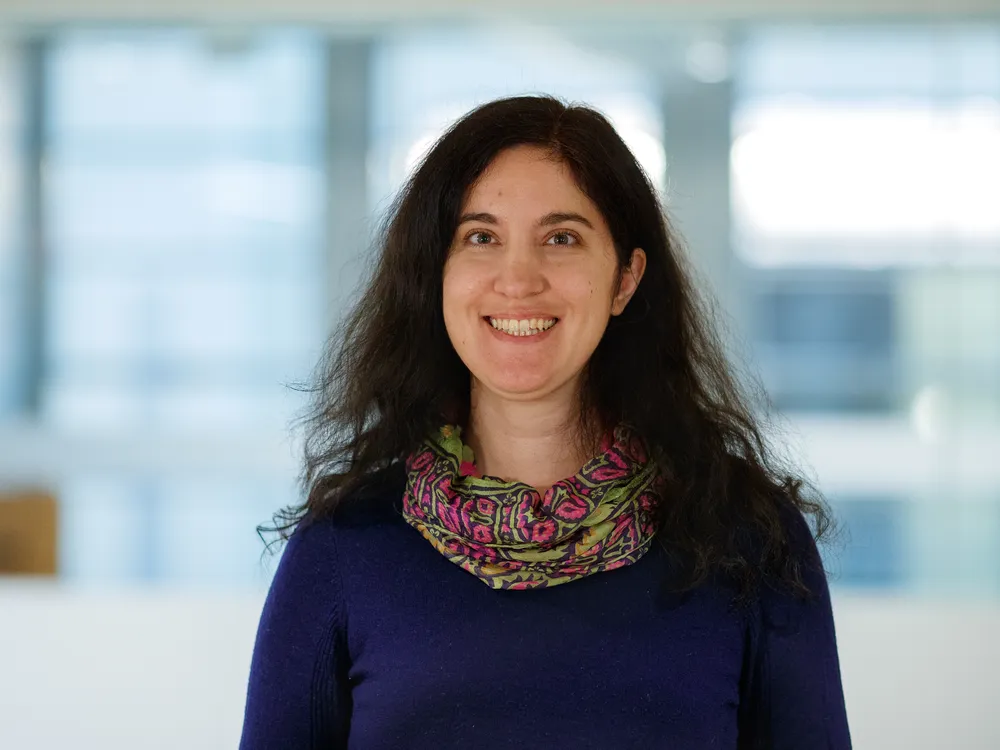Caterina Agostini

Caterina Agostini earned her PhD in Italian from Rutgers University, where she has been awarded the 2021 Rutgers School of Graduate Studies Award for Excellence in Outreach and Service. Her dissertation, “Scientific Thinking and Narrative Discourse in Early Modern Italy,” examines how science is represented in the Italian tradition in the sixteenth and seventeenth centuries, discussing how Galileo aimed at creating a new scientific language and style to share his discoveries and build a scientific community.
Caterina has collaborated on digital textual and visual projects at the Rutgers Digital Humanities Initiative and Lab, the New York City Digital Humanities group, Europeana, and PHAROS, The International Consortium of Photo Archives led by the Frick Collection. As a Co-Chair of the IIIF Outreach Community Group, she advocates to expand the outreach of the International Image Interoperability Framework (IIIF) and include underrepresented communities and languages. Caterina’s digital work with data in the history of science and medical humanities has been supported by the Open Knowledge Practicum Fellowship at the University of Victoria, the Eugene Garfield Fellowship at the American Philosophical Society, and the D’Argenio Fellowships in History and Data Visualization at Seton Hall University. She has taught courses on the history of science, Italian language, culture, and gastronomy, and workshops on research data in the humanities, digital editions, exhibitions, and collections, geospatial humanities, IIIF, and text analysis. Caterina has work published or forthcoming with Interdisciplinary Digital Engagement in Arts & Humanities, La parola del testo: Rivista internazionale di letteratura italiana e comparata, Galilaeana, Iter Press, Palgrave Macmillan, Cambridge Scholars, as well as the Women Writers Project blog at Northeastern University and the Circulating Now blog at the National Library of Medicine. At Princeton, Caterina serves as the Digital Humanities Project Manager to support collaborative scholarly initiatives at the Center for Digital Humanities.
